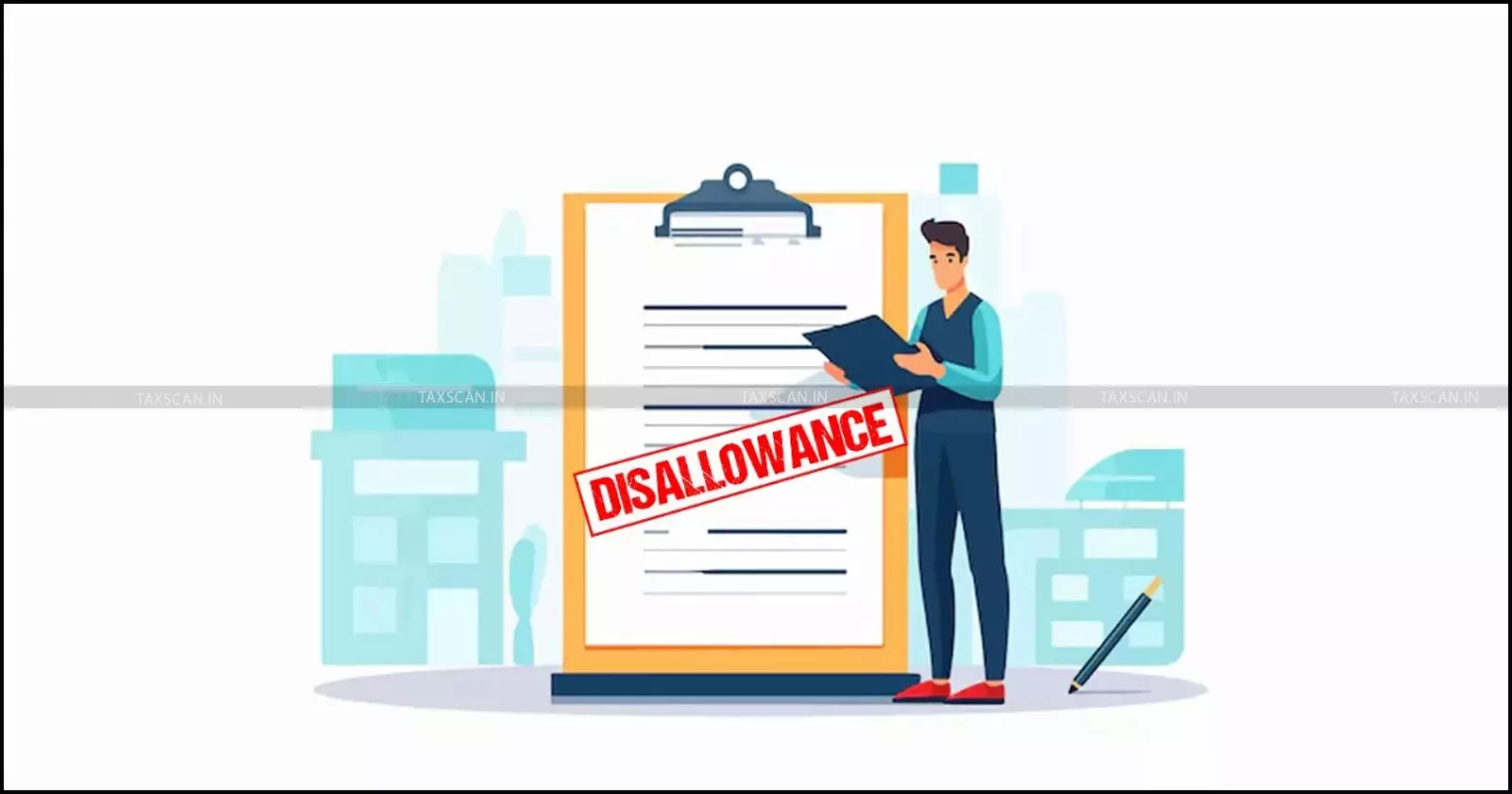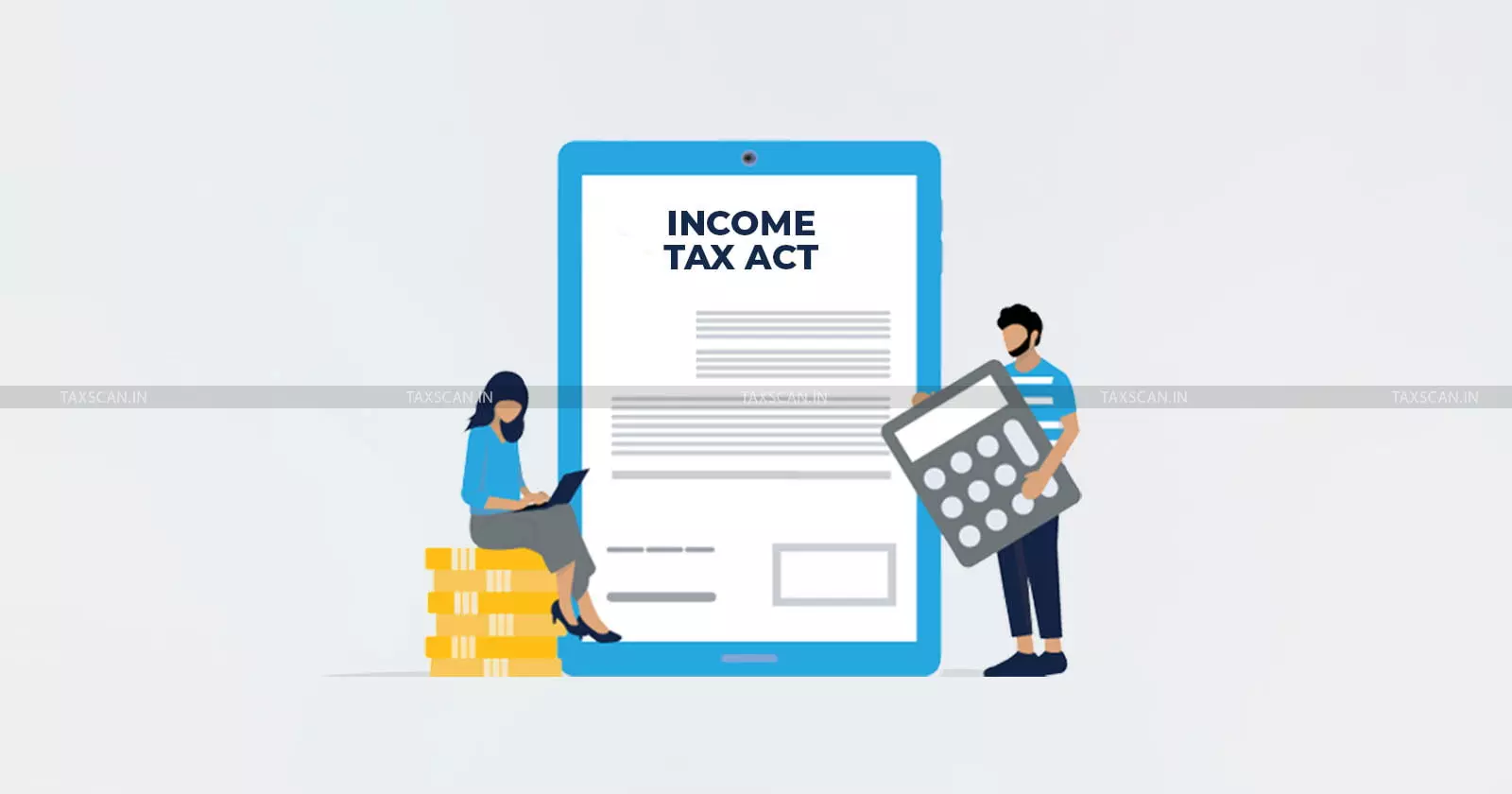Lack of Proof and Documentation for Sub-Contractor Payments: ITAT upholds 20% Disallowance on Expenditure Payments
The Tribunal held that while contracts can be executed with hired vehicles and machinery, there needs to be proper documentation, which the assessee lacked

The Rajkot Bench of the Income Tax Appellate Tribunal (ITAT) upheld the decision of the Commissioner of Income Tax (Appeals) [CIT(A)] to sustain a 20% adhoc disallowance of direct expenditure for Assessment Year (AY) 2016-17, noting the assessee's failure to fully prove the genuineness of the expenditure claimed.
Sanjay Gulabrai Kundalia (assessee), an individual, is engaged in Cargo handling activities and sub-contracted most of the work as he only possessed one excavator and lacked sufficient manpower and transportation vehicles.
The contract work involved cargo handling of imported fertilizer for Rashtriya Chemical Fertilizer (RCF) at the Hay Bunder port of Mumbai, with the assessee working as a sub-contractor for M. Pallonji & Co. Pvt. Ltd..
During the assessment proceedings, the Assessing Officer (AO) disallowed the entire direct expenditure of Rs. 2,30,31,923.
 Also Read:Director Alone Cannot be prosecuted under Income Tax Act for Transferring Company assets to Daughter in law without consideration: Delhi HC [Read Order]
Also Read:Director Alone Cannot be prosecuted under Income Tax Act for Transferring Company assets to Daughter in law without consideration: Delhi HC [Read Order]
The AO observed that the assessee failed to furnish evidence relating the claimed expenditure to the income earned. The assessee claimed his sub-contractors were based in Jamnagar, despite the contract work being executed in Mumbai.
Notices under Section 133(6) were issued to sub-contractors, and the AO found that although the assessee gave Mumbai addresses, the parties were residing in Jamnagar and filed identical replies in the Jamnagar Office's DAK counter.
The AO noted that the sub-contractors did not file bank statements or details of owned trucks/machinery, and an inspector's report indicated they lacked the resources and capacity to execute the transportation work. Substantial payments were also made to sub-contractors in cash.
Aggrieved by the AO’s order, the assessee appealed to the CIT(A). The CIT(A) partly allowed the appeal, observing that while the AO was wrong to disallow the entire expenditure. The CIT(A) also observed that the assessee had not proven that the expenditure was fully genuine due to the inconsistencies found.
The CIT(A) therefore sustained a 20% disallowance of the expenditure, amounting to Rs. 46,06,385. Aggrieved by the CIT(A)’s order, the Revenue filed an appeal before the ITAT. The assessee filed a cross appeal against CIT(A)’s order.
The two-member bench, comprising Dr. Arjun Lal Saini (Accountant Member) and Dinesh Mohan Sinha (Judicial Member) observed the inconsistencies that supported a partial disallowance.
The tribunal observed that the assessee, despite having huge turnover, operated based on oral rate contracts with sub-contractors. The tribunal observed that the Inspector's report suggested sub-contractors lacked the capacity to execute the contracts, implying the possibility of inflated expenditure through 'bill-only' parties.
 Also Read:Long-Time Retention of Cash in Hand from Declared Sources not Grounds for Doubts: ITAT Deletes Income Tax Addition [Read Order]
Also Read:Long-Time Retention of Cash in Hand from Declared Sources not Grounds for Doubts: ITAT Deletes Income Tax Addition [Read Order]
The Tribunal held that while contracts can be executed with hired vehicles and machinery, there needs to be proper documentation, which the assessee lacked. Observing the inherent defects in the documents and explanations, the Tribunal found no infirmity in the CIT(A)'s conclusion to restrict the disallowance to 20% of the expenditure.
The tribunal dismissed both the appeal filed by the Revenue and the cross objection filed by the assessee.
Support our journalism by subscribing to Taxscan premium. Follow us on Telegram for quick updates


